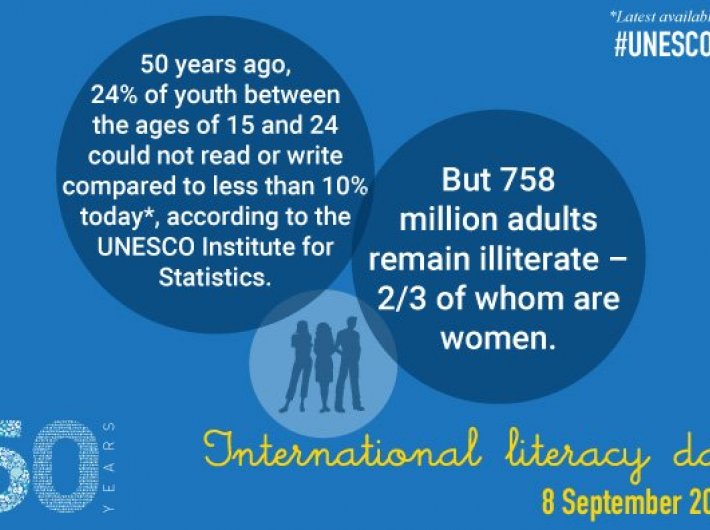250 million children lack basic literacy skills and 124 million children and adolescents receive no schooling at all
GN Bureau | September 8, 2016

In a step toward inclusive digital transformation, the Maharashtra government has signed a Letter of Intent (LOI) with Starlink Satellite Communications Private Limited. With this, Maharashtra becomes the first Indian state to formally collaborate with Starlink to deploy satellite-based internet services f
This November, children and young people across India are embarking on a joyful exploration of birds and nature as part of Young Birders’ Month (YBM) - a first-of-its-kind, month-long campaign created to spark curiosity and ecological awareness among young minds. This initiative is organized collabor
Although New Delhi has not officially commented on the growing footprint of Pakistan’s Inter-services Intelligence (ISI) in Bangladesh, India`s strategic and security community appears to be highly concerned over last week’s development in Dhaka. During Pakistan’s Joi
When India became the first country in the world to legislate corporate social responsibility (CSR) in 2013, it marked a bold experiment in blending profit with purpose. By law, companies with a net worth of ₹500 crore or more, or a turnover of ₹1,000 crore or more, or net profit of ₹5 crore or more
Shaolin Spirit: The Way to Self-Mastery By Shi Heng Yi Particular Book/Penguin Books, 264 pages In the history
India’s ambition to achieve Universal Health Coverage (UHC) by 2030 is faltering under the weight of low public spending, rising privatisation, and deepening inequality in access to care. Leading doctors and public health experts warn that the current system, heavily dependent on out-of-pocket spendi

